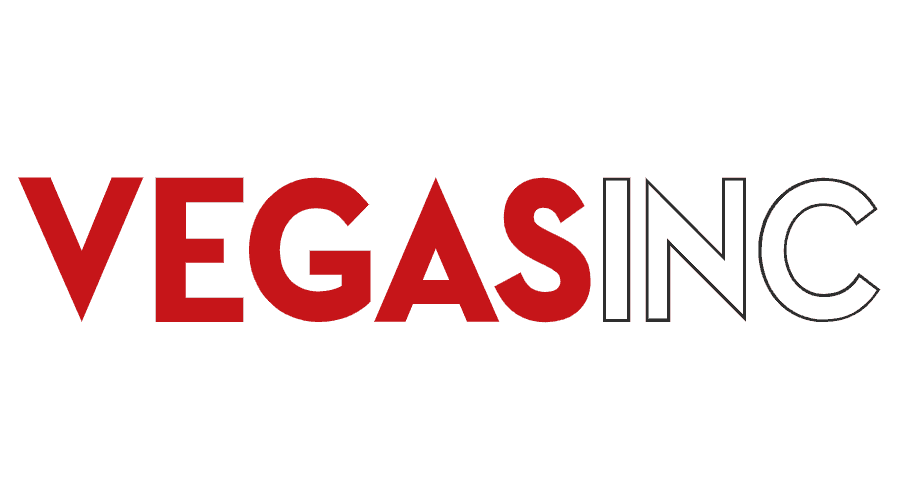
Reprinted from the Las Vegas Metro Chamber of Commerce, August 2018 Business Voice.

Recently, the United States Senate approved a resolution to nullify the Federal Communications Commission’s (FCC) net neutrality rollback. While the resolution is a step in the right direction, the public is not yet out of the woods. It is important for all consumers of Internet-based services to understand how they and their businesses will be affected if net neutrality is abolished.
Net neutrality rules were passed in 2015, and the basic principle is that Internet service providers (ISPs) must treat all content and applications equally, regardless of the source. They must not favor or block particular products or websites.
A cloud-based service is one that allows consumers to access their data over the Internet, rather than on a local computer system. Popular cloud-based services used by small to medium-sized businesses include Office 365, Salesforce, Dropbox, Google Drive, and any other web-based software. If net neutrality is abolished, it could have dire consequences for these web-based applications and the services they provide.
Internet costs, with regard to some cloud-based services, could skyrocket for businesses if throttled by their ISP. Businesses would likely have to pay more money to get the same level of performance they are currently receiving. Partnerships established between ISPs and cloud providers could potentially cause their preferred cloud service to be slowed down, blocked, or accelerated. For example, a popular ISP, Comcast, has a partnership with Amazon. If a business used Comcast as their ISP but their preferred cloud service was Google Drive, they may see increased costs or slower performance because Google Drive is a competitor of Amazon Drive.
This favoritism can also occur with hardware and software rather than simply cloud-based services. Without net neutrality, the consumer’s ISP could potentially favor Apple devices over Android, or Google devices over Apple. Net neutrality allows businesses and consumers to have more freedom and options without an ISP favoring certain devices over another.
Proponents of the neutrality rollback argue a free market will result in positive results, however, most consumers have limited options for Internet connectivity. For example, if a business only has two options for Internet connectivity, and they both favor or block sites and services in a way the business owner doesn’t like, then the business is forced to accept it. Simply put, it’s not truly a free market when it comes to Internet connectivity.
If net neutrality were to be abolished, businesses’ IT systems would likely take a hit as well. The need for the systems to understand, monitor, and manage differing Internet priorities and speeds rather than a constant flow would add to their complexity and possibly lead to performance problems. Traditionally, ISPs are not the best at transparency and reporting, so businesses may struggle to trust the information they are provided about their services. This lack of transparency could lead to incurring more costs to obtain trustworthy information from a third-party source.
Without net neutrality, ISPs become content gatekeepers and they will favor products and services that are able to pay them for access to consumers. This will likely affect businesses’ access to innovation and slow down competition.









